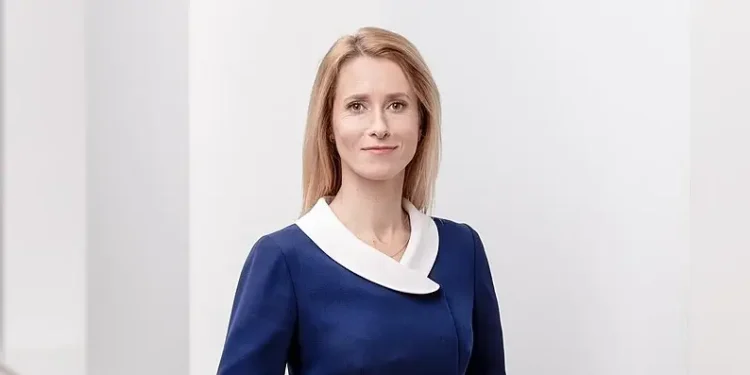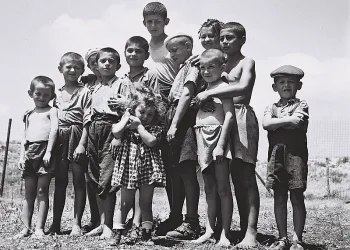Ukraine, Sanctions, and Global Alliances Take Center Stage
Munich, Germany – As global tensions rise, European leaders gather at the Munich Security Conference 2025 to discuss pressing geopolitical issues.
High Representative/Vice-President Kaja Kallas addressed the media upon arrival, emphasizing Europe’s unwavering support for Ukraine, the necessity of sanctions on Russia, and the importance of transatlantic unity.
Russia’s Escalation and Europe’s Response
The war in Ukraine remains at the forefront of discussions, with Russia’s latest actions raising serious concerns. Kallas highlighted reports of Russian forces bombing a nuclear station, calling it further proof that Moscow has no interest in peace.
“The bombing of civilians and infrastructure makes any peace talks obsolete,” she stated.
European leaders now face a critical decision: how to enhance Ukraine’s defense capabilities while ensuring long-term regional stability.
Sanctions and the Transatlantic Approach
A key topic at the conference is the future of sanctions on Russia. While some global actors debate easing restrictions, Kallas reinforced the European stance:
- Sanctions are designed to pressure Russia into ending the war.
- Russia must pay for the destruction in Ukraine, not European taxpayers.
When asked about potential shifts in U.S. policy under a Trump presidency, Kallas stressed that Europe remains committed to its sanctions strategy, regardless of external pressures.
European and U.S. Cooperation in Focus
Maintaining strong transatlantic relations is crucial, especially as global power dynamics shift. Kallas emphasized continued discussions with U.S. officials to ensure a cohesive response to Russia’s aggression.
| Discussion Areas | European Priorities |
|---|---|
| Ukraine Support | Continued military aid, sanctions enforcement |
| China’s Role | Preventing support for Russia via dual-use goods |
| Transatlantic Unity | Coordinated response with the U.S. & NATO allies |
China’s Role in the Conflict
The European Union has consistently urged China to stop enabling Russia through the export of dual-use goods. Kallas reaffirmed this position:
“If China wants strong ties with Europe, it must stop facilitating Russia’s war machine.”
With 80% of dual-use goods reaching Russia through China, European leaders are pushing for stronger enforcement measures.
Avoiding Past Mistakes: Historical Parallels
Some analysts warn of a potential “Munich moment,” drawing comparisons to appeasement in 1938. Kallas acknowledged the parallels but argued that Ukraine is actively resisting, and Europe must support them to prevent a larger conflict.
“If Ukraine resists, we must support them—this is how we prevent another world war.”
Europe’s Commitment to Stability
As discussions continue, Europe’s key priorities remain clear:
- Support Ukraine’s defense efforts.
- Maintain strong sanctions on Russia.
- Strengthen global alliances to counter shared threats.
Kallas’ remarks set the tone for a pivotal conference, where Europe’s next steps will shape the geopolitical landscape for years to come.
For more insights on EU foreign policy and global security, follow the latest updates from the Munich Security Conference.
Sources: European Union.








